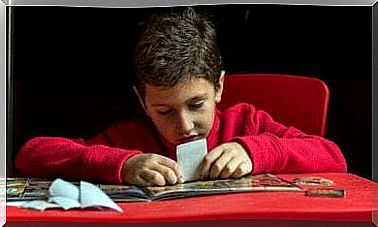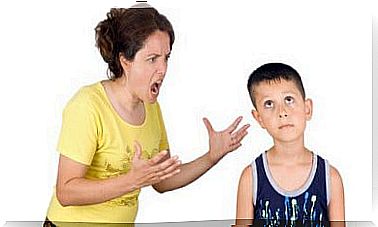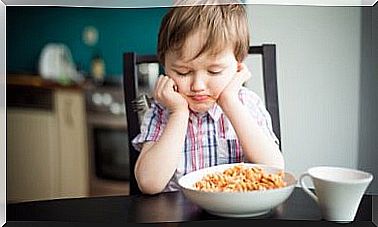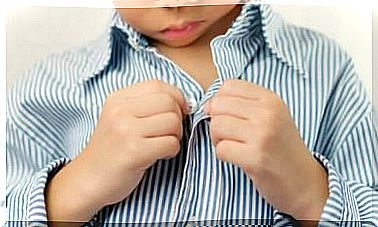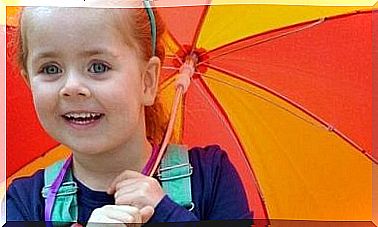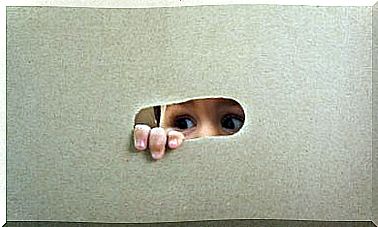Social Networks: Things Not To Share
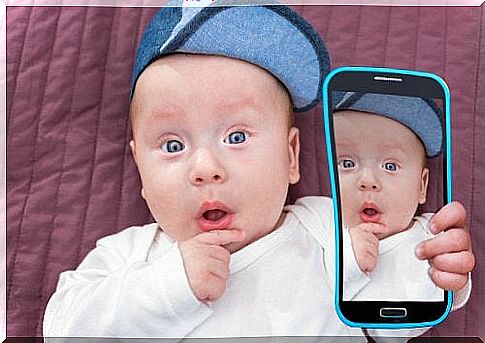
Until recently, to share their children’s pictures or videos, parents had to upload them to their computer and then email them or save them to physical media. As complicated as it may sound, it used to be even more difficult. With the advent of social networks, sharing with friends and family has become much easier and… dangerous.
Even if sharing on social networks seems harmless, in the medium and long term it could create several problems. For this it is essential to effectively configure the privacy settings and to know the people who can see our profile on Facebook and other social media.
Some images may seem harmless and without particular meanings. But that’s not always the case. For example, if you post photos of your children in public places, you also give information about your location and activities. Also, if it comes to children’s spaces, such as a park, chances are there are other children in the photos, whether they like it or not.
Another example are photos that show intimate moments of children, or those in which they are naked, even if only partially. When they are older, they may be ashamed of some images and these could be used to make fun of them, or for the purpose of harassment or extortion: you never know.
Do not post pictures of your child in the bathroom
Sphincter control is a very important step in a child’s development and, for some, a real challenge. Whether your child goes pooping and peeing by himself, or you managed to get him on the potty before he got into it, that’s okay, but there’s no need to shout it out from the rooftops. It is not necessary to post photos and videos of the child while he is doing his business.
Likewise, don’t post pictures of changing his diaper, bath time, or dressing him up. You need to preserve your child’s privacy. Even if he’s just a child, that doesn’t mean he’s not entitled to one. Photos of him naked or half naked are especially dangerous if they fall into the wrong hands.
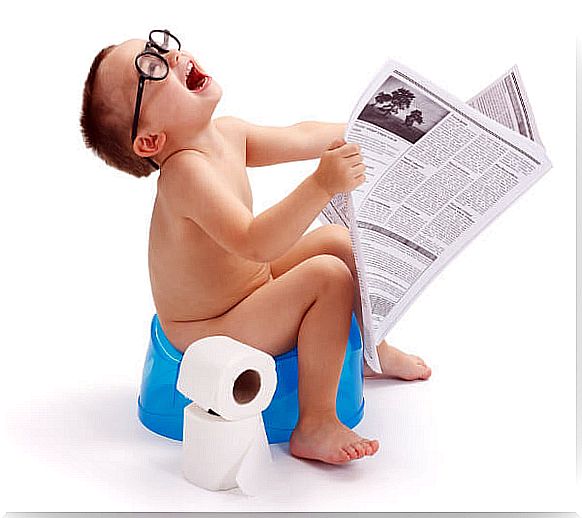
Don’t share embarrassing images
For a long time, parents and educators have used shame as a tool to “wake up” children. But laughing at your kids in public, or embarrassing them, doesn’t put you in a good light either. The problem is that with social networks everything remains there.
If you are angry about something your child has done, you will get nothing by letting everyone know. These are things to be solved at home. You won’t feel better for showing everyone what your child has done.
Do not post pictures of other children as well
If you don’t mind showing pictures of your children publicly, it’s all about you. As a father, mother or guardian it is your responsibility. What you cannot do is disclose photographs or videos featuring other children as well.

Nobody forbids you to take photos or videos in a park, at school, at birthday parties or in other situations where children are together. However, without the consent of the other parents, you cannot publish images of other minors and, in the same way, no one can share images of your children.
Do not share pictures of children when they are sick
Sometimes babies can look adorable when they’re sick. But it is one thing to send a picture of the sick grandson to the grandmother so that she can see that, despite everything, he is fine; it is another thing to show the whole world your child in a moment of vulnerability.
You must respect your child’s intimacy even in moments of fragility. What may seem adorable to you may seem sad to others. Who knows, in the future, where those photos will go?
Do not post photos that contain personal information
An image can say more than a thousand words. Showing photos or videos containing personal information can be very dangerous. For example, you could give information about your child’s school, your address or telephone number (if they are listed on the backpack or some other accessory they carry with them), the child’s times and habits, and so on.
Showing personal data puts you and your children at risk. If the laws of so many countries give so much importance to the issue of privacy, there is a reason. Don’t forget that if you post personal information related to you or your child, you are exposing them and yourself.
Social networks: final thoughts and release
Even though many post photos of their children on social networks, it doesn’t mean that you should too. It is your responsibility to preserve the intimacy of your family.
As for the images used in the article, they were all purchased from an image provider that has all the necessary permissions.

